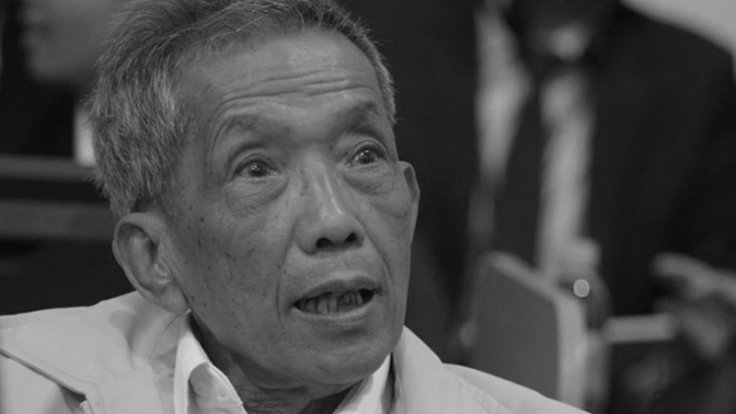Kaing Guek Eav, a leading commander in the Khmer Rouge communist regime of Cambodia that ruled the country from 1975 to 1979, died on Wednesday. The 77-year-old, known also as Duch, was serving a life sentence handed out by a tribunal set up to try those who were part of the barbaric regime.
The former member of the Khmer Rouge was the chief jailor in the brutal dictatorship led by the infamous leader Pol Pot. He was directly in charge of the most notorious jail that the regime set up during its time - Tuol Sleng, code-named S-21.

As supervisor of this prison facility, he is estimated to have overseen the spine-chilling torture and killing of around 16,000 people. This included women and children as well. So ghastly was this prison that anyone sent there was regarded as virtually condemned to death. Even the children of those imprisoned in S-21 were exterminated due to the fear that they may seek vengeance after growing up.
Trial
Duch is one of the very few top leaders of the Khmer Rouge who had been caught and brought before the tribunal. He did show remorse at his actions and also offered that he be stoned publicly for his crimes. However, he denied that he participated himself in the tortures of detainees which included such methods as beatings, floggings, electric shocks, and waterboarding.
The judges of the tribunal took his expressions of remorse and guilt into consideration and awarded him 35 years of imprisonment for his crimes. The duration of his jail sentence was reduced to 19 due to the internment he had already experienced. But when victims of the regime's atrocities protested, the punishment was increased to a life sentence.
What did surprise a lot of people was his request for acquittal on the last day of his trial. This leads many to believe that his seeking forgiveness and showing contrition was just a tactic to avoid more serious punishment. The tribunal also didn't accept his claim that he wasn't participating in the torture of inmates personally.
The arrest of Duch happened in 1999 thanks to him being discovered luckily by a British journalist. He had escaped to the northwestern part of the country after the Khmer Rouge regime collapsed and hid there, becoming a Christian during that time, till his arrest. His trial began in 2009 in the tribunal which was set up in 2004. The judgment was announced in 2010.









